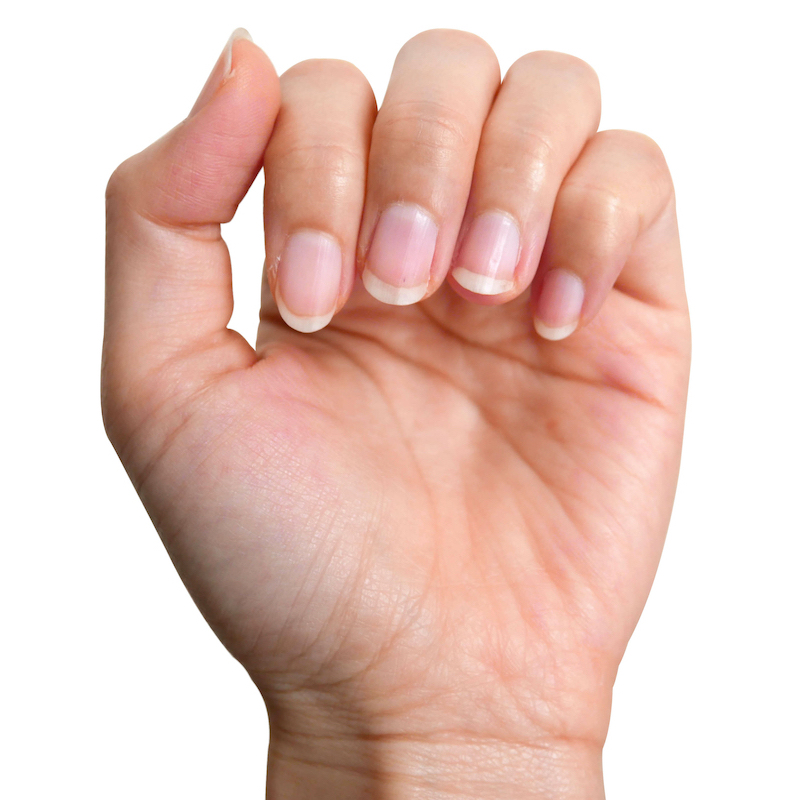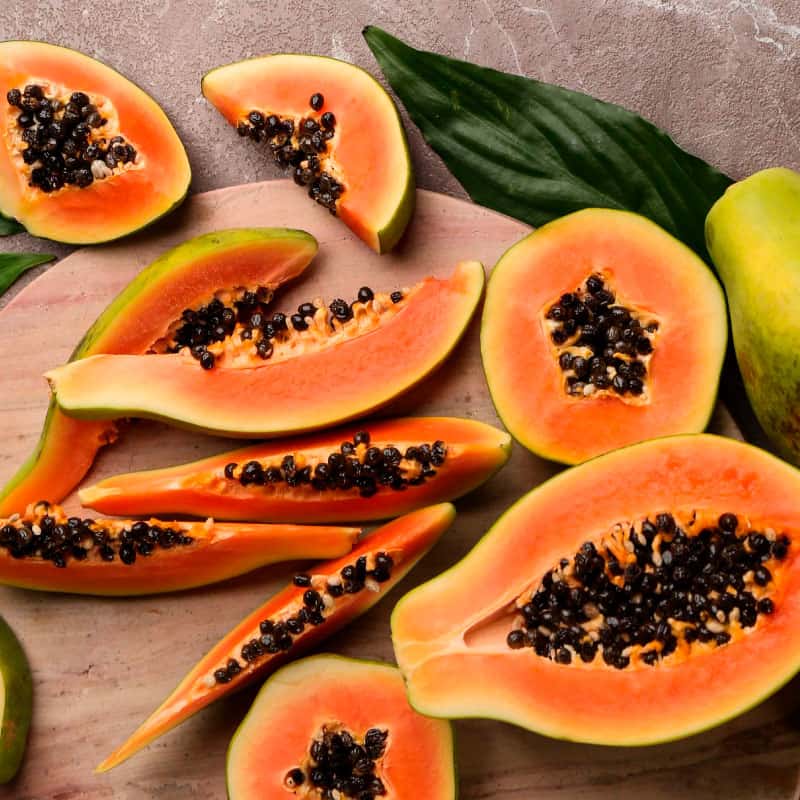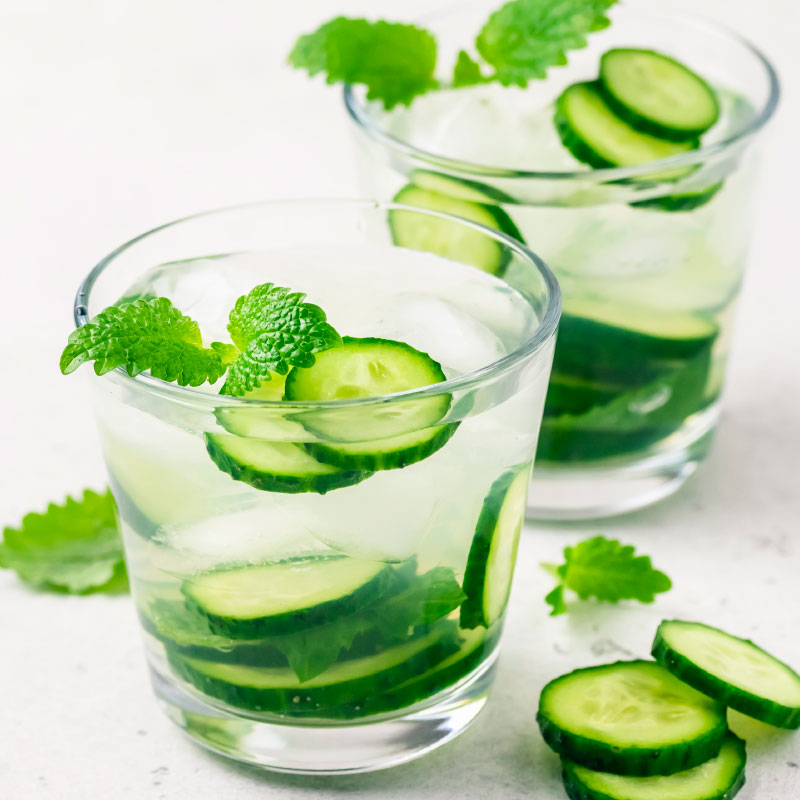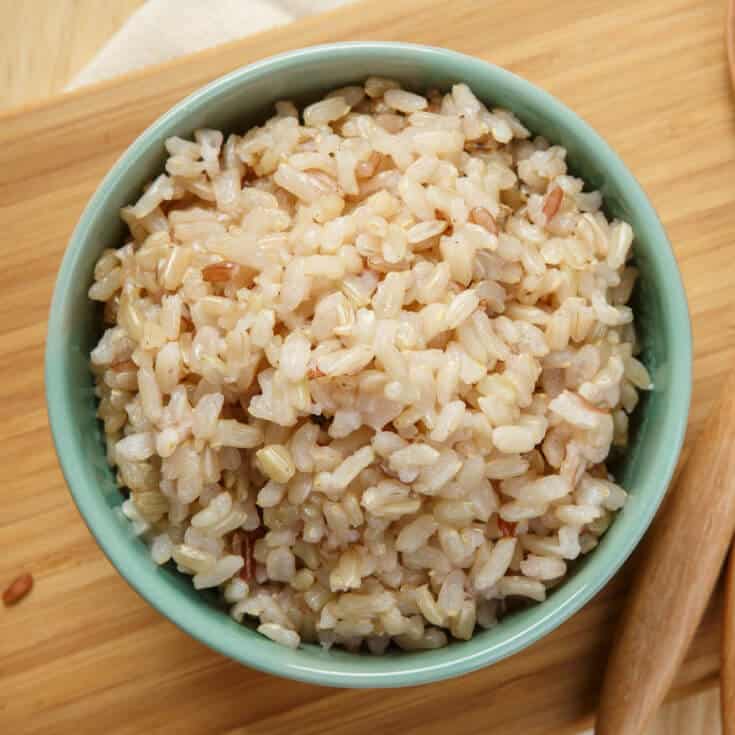This Dr. Axe content is medically reviewed or fact checked to ensure factually accurate information.
With strict editorial sourcing guidelines, we only link to academic research institutions, reputable media sites and, when research is available, medically peer-reviewed studies. Note that the numbers in parentheses (1, 2, etc.) are clickable links to these studies.
The information in our articles is NOT intended to replace a one-on-one relationship with a qualified health care professional and is not intended as medical advice.
This article is based on scientific evidence, written by experts and fact checked by our trained editorial staff. Note that the numbers in parentheses (1, 2, etc.) are clickable links to medically peer-reviewed studies.
Our team includes licensed nutritionists and dietitians, certified health education specialists, as well as certified strength and conditioning specialists, personal trainers and corrective exercise specialists. Our team aims to be not only thorough with its research, but also objective and unbiased.
The information in our articles is NOT intended to replace a one-on-one relationship with a qualified health care professional and is not intended as medical advice.
6 Top Essential Oils for Scars
August 24, 2018
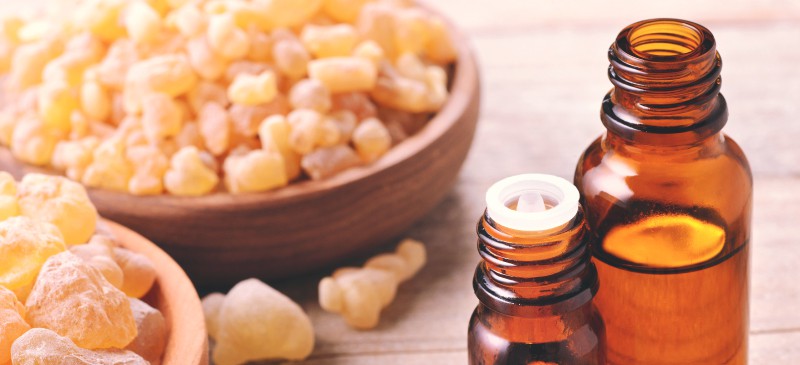
Some scars are faint or in hidden places and you never really think about them. Meanwhile, other scars may be more obvious and you really wish you could just make those scars go away! The good news is that there are several essential oils for scars that can really help to make these visible reminders a thing of the past, just like the story behind each one of them.
What is a scar exactly? A scar can be defined as a mark left behind on the skin where a wound, burn, sore, or surgical incision did not completely heal and fibrous connective tissue has formed where there was once normal, healthy skin.
What oils fade scars? Whether you’re looking for essential oils for scars after surgery or essential oils for scars and stretch marks, these amazing plant-derived natural remedies, including essential oils like frankincense and helichrysum, are sure to impress!
6 Essential Oils for Scars
Not every cut, scratch, wound, surgery opening, or pimple turns into a scar. Some people are more prone to scars based on their skin type and genetics. Essential oils can help to prevent scars by encouraging optimal skin healing or possibly help to fade scars by encouraging the regeneration of skin at a cellular level. What essential oil gets rid of scars? Whether you’re dealing with a minor scar or a keloid, these plant-derived oils are some of your best options.
1. Frankincense Oil
When you get a wound, depending on how it heals, it may or may not result in a scar. A larger or deeper wound can be more likely to produce a scar. The process of wound healing is actually quite involved and includes several phases: blood clotting (hemostasis), inflammation, growth of new tissue (proliferation), and remodeling of tissue (maturation).
Is frankincense oil good for scars? With its amazing abilities to lower inflammation and improve the skin’s healing process, frankincense can be used to prevent and help fade scars. Plus, using frankincense oil for scars is a wise choice that is backed up by scientific research.
When used during wound healing, frankincense oil is likely to improve the skin’s repair process and decrease the chance of a scar forming. A study published in 2017 highlights frankincense essential oil’s ability to significantly decrease the levels of IP-10 and ICAM-1, two important pro-inflammatory biomarkers, which demonstrates its known anti-inflammatory ability. Alpha-pinene is also recognized as a major anti-inflammatory component of the oil. (1)
It’s not that surprising that frankincense also has a reputation as a top anti-aging oil.
2. Lavender Oil
What is the best oil for scars after surgery? All of these oils mentioned here can be helpful, but lavender can be an especially nice option because you can also benefit from its calming, stress-reducing properties post surgery. Even if you haven’t had surgery, lavender is a generally great stress buster so when using it for scars, it’s relaxing properties are a huge added bonus.
Lavender essential oil has been shown in numerous studies to promote healing of wounds and burns. One animal study published in 2016 compared the topical application of a control solution versus lavender oil on wounds on alternating days for 14 days. The researchers found that wound closure progressed more rapidly with topical application of lavender oil as compared to the control. Another impressive result of the study was the fact that lavender oil actually promoted the synthesis of collagen. (2)
Another 2016 study published in the Journal of Tissue Viability reveals how treating the wounds of animal subjects with lavender ointment resulted in significantly enhanced wound contraction rate (98 percent) and protein synthesis. Overall, the study concludes that “the results provided strong support for the effective wound healing activity of lavender ointment, making it a promising candidate for future application as a therapeutic agent in tissue repairing processes associated with skin injuries.” (3)
3. Carrot Seed Oil
Carrot seed oil is extracted from the carrot plant and contains powerful antioxidants that are excellent for skin health and fighting diseases. (4) Getting antioxidants in your diet and topically applying antioxidant-rich natural remedies help to address scarring from both an internal and external angle.
Researchers found that a product containing a number of herbal ingredients, including carrot seed oil, turns out to have an SPF of 40 or so. (5) If you’re looking for essential oils for scars and dark spots prevention, carrot seed oil may be a good choice since research has pointed towards its possible ability to help block out UV rays that can lead to dark spots or sun spots.
Carrot seed essential oil also exhibits potent antibacterial and antifungal properties, which can help a wound to not become infected and heal poorly, resulting in a scar. (6)

4. Tea Tree Oil
Tea tree oil hasn’t been well researched for its use in scars, but it’s a popular choice that many people find effective, especially if they’re also struggling with acne. Why can tea tree oil be so highly effective at boosting skin health? It has a lot of characteristics that make it skin boosting, including antibacterial, antiseptic, antifungal and antiviral properties. Many people love using tea tree oil for acne scars because not only can it help to fight scars, but it’s also an effective natural acne treatment. (7)
5. Helichrysum Oil
A scientific paper published in 2017 discusses how two common types of scars — keloid and hypertrophic — are the result of chronic inflammation in the reticular dermis (the lower layer of the dermis, or skin). In this recent paper, a keloid is defined as a strongly inflamed pathological scar while a hypertrophic scar is defined as a weakly inflamed pathological scar. (8) With such a major inflammatory component to scars, the anti-inflammatory ability of essential oils is key in the natural treatment of scars.
Have you ever tried helichrysum essential oil for scars? Helichrysum essential oil is known for its anti-inflammatory, antimicrobial, and anti-allergic properties. (9) Scientific research has highlighted one of helichrysum’s most impressive anti-inflammatory components, which is a polyphenol compound called arzanol. (10)
6. Patchouli Oil
Patchouli essential oil is loved by many for its mood-boosting earthy scent, but it also can improve skin health too. It’s commonly used for scars and a wide variety of skin problems such as acne, eczema, inflamed, cracked, chapped and irritated skin. It’s known to help in the stimulation of new skin cell growth. For wound healing, it can promote faster healing and help to prevent unsightly scarring once the wound has healed. (11)
Patchouli oil also has impressive antibacterial ability — another great reason it can be so helpful to the skin! (12)
How to Use Essential Oils for Scars
Topical Application
As you probably guessed, topical application is the best ways to use essential oils for scars. As a scientific systemic review points out, “Once the oils are in the system, they remodulate themselves and work in a friendly manner at the site of malfunction or at the affected area.” (13)
Take two to four drops total of one or more than one of the essential oils for scars I just mentioned and combine with a carrier oil like coconut oil. Shea butter is also a another great option for dilution. Rub the mixture onto the area of concern twice a day and continue until desired results are reached.
Using shea butter and coconut oil for scars, along with essential oils, is a great way to boost your scar reducing efforts. Applying coconut oil or raw shea butter to a wound or scar helps to keep that skin area moist, which may help prevent a scar or keep a scar from getting too large, deep or itchy. In addition, the omega-3 fatty acids and antioxidants in both shea butter and coconut oil have been shown to inhibit keloid scar tissue and repair skin. (14, 15)
Once you apply the mixture of essential oil(s) with coconut oil and/or shea butter, you don’t need to wash it off. Just be careful that you don’t stain your clothing or furniture, etc., depending upon the location of the area of concern. Other carrier oil options include jojoba oil, almond oil, argan oil, and olive oil.
What’s the best oil for scars on the face? That can really be a matter of your personal scent preference. Since applying an essential oil to the face definitely means you’ll be smelling that oil very clearly, you want to make sure you choose one of the essentials oils for scars that is pleasing to your senses.
I also highly recommend trying this Acne Scar Removal Face Mask, which includes some of the best essential oils for scars, such as frankincense essential oil and helichrysum essential oil. This mask is super-easy to make at home and can really help to fade scars.
Possible Side Effects and Caution
Before using an essential oil, it’s wise to perform a patch test on a small area of your skin to make sure you don’t have a negative reaction to an oil. Stop use immediately if irritation occurs.
Before applying essential oils to scars, dilute them with a carrier oil first. It is especially important to be careful with topical essential oil use if you have any type of inflammatory or allergic skin condition such as eczema or rosacea.
If you are pregnant or nursing, check with your health care provider before using any essential oils on your skin. If you are being treated for a medical condition or are currently taking any type of medication, you should also check with your doctor before using essential oils.
The sooner you address a scar the better and the more likely you are to have positive results. It is much harder to make older scars fade or go away compared to fresher scars.
It’s also important not to expect instant results from any natural scar remedy including essential oils. It can take months to see improvement and scars may not go away completely, but they can become less noticeable if you are consistent with natural treatment.
Only use 100 percent pure, therapeutic-grade, certified USDA organic essential oils for scars. This ensures both safety and effectiveness.
Final Thoughts
- A scar can be defined as a mark left behind on the skin where a wound, burn, sore or surgery incision did not completely heal and fibrous connective tissue has formed.
- What essential oils help heal scars? Some of the best essential oils for scars include frankincense, lavender, carrot seed, tea tree, helichrysum and patchouli.
- Essential oils can discourage infection, encourage optimal wound healing, and decrease inflammation, which can all significantly help to prevent a scar from forming in the first place or help a scar’s appearance to improve.
- You can dilute essentials oils for scars with a beneficial carrier like coconut oil and shea butter to double your scar-fighting efforts.
- Scars can take a long time to heal (sometimes even a whole year!) so keep up with daily topical application of essential oils.
- Only purchase and use 100 percent pure, therapeutic-grade, certified USDA organic essential oils.


